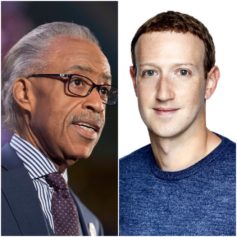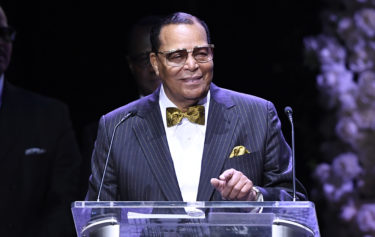Facebook is quickly nearing its initial public offering at the end of the week, and investors are becoming more and more interested in the inner workings of the social media giant. With approximately 900 million users, Facebook holds one of the largest platforms for marketing in the world. The site’s ability to target ads at specific users has already brought in advertisers in droves; they are currently the source of 85 percent of Facebook’s total revenue.
Targeted ads are the result of users identifying themselves, via the site’s normal functions. The user’s profile is filled with personal information such as location, age, marital status, occupation and tastes in entertainment. For the user, this information provides a profile to their “friends” and visitors to their webpage, but for advertisers, it provides statistics. Data recorded from a user’s “Likes” and other habits on the site are recorded and parlayed into a specified advertising profile. For example, a couple that announces their engagement via Facebook will suddenly see ads related to wedding planning and registries.
Company pages also reflect the value of Facebook to a business. Official profile pages allow for businesses and consumers to come face-to-face, in a way. Demographics reveal themselves to the company by way of the like button and comments left on the page. Garnering a response from potential customers is easier than ever by way of social media. The strength of Facebook is no doubt found in its ability to advertise to a large and diverse user base, but are targeted ads any more effective? General Motors, America’s third largest advertiser, doesn’t seem to think so. The Wall Street Journal reported earlier this week that GM would be pulling its ads from Facebook, where it spent about $10 million last year. GM will continue to host its regular Facebook page, but will not pay for ad space on the site.
The announcement by GM has some questioning the longevity of Facebook’s business structure just days before its IPO. When Facebook’s shares go public the company will likely be valued at over $100 billion, but the real battle will be to see if the company can maintain the same rate of growth that has got it this far.


